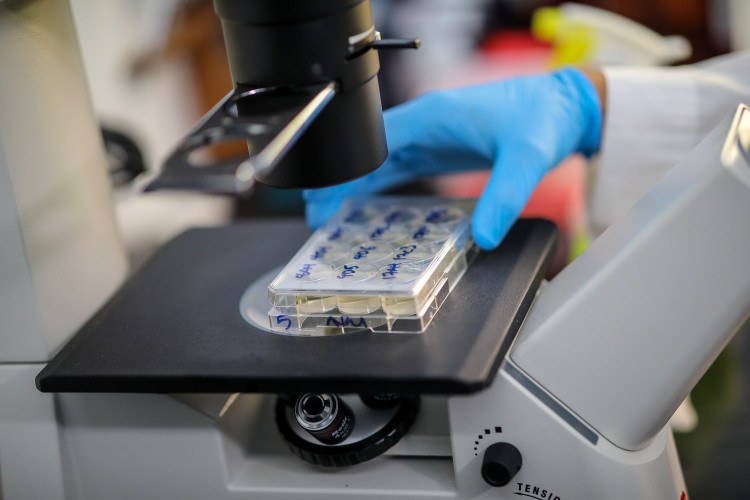The world has been battling against COVID-19 for more than a year now, but hidden behind the frustrations of lockdowns and travel restrictions are the overshadowed efforts of scientists at the frontline who have started feeling "empty."
Light at the End of the Tunnel Dims
When COVID-19 was officially acknowledged as a pandemic, scientists and healthcare workers were well aware that there would be long and gruelling days of battling an invisible enemy. Today, it seems they are losing sight of the pandemic's final days.
Viral sequencing expert at the University of Wisconsin in Madison, David O'Connor, said there is a dire need for the entire community to take bigger steps in assessing the state of pandemic scientists.
O'Connor said it is "really concerning" that there is an increasing number of scientists working on COVID-19 who have said "I'm just done with this" out of frustration.
Infectious disease physician, Krutika Kuppalli, acknowledged that it appears there won't be an end sight anytime soon to getting rid of the novel coronavirus, and at times, she has felt "empty."
Kuppalli, along with infectious disease experts at the Medical University of South Carolina, has been helping oversee the vaccine rollout program.
While the pressure is mounting as the masses seek more answers, Kuppalli said she can't say no to the challenge of doing more to battle the pandemic. Like other scientists, Kuppalli knows the fight will rage on for more months and probably years.
Dissecting the Life of a Pandemic Scientist
The spotlight on burned out workers was often shone on healthcare workers, who truly deserved to have their stories shared to the world. However, not too many stories of sacrifice have been told about scientists.
One of the most recent dilemmas that scientists have been dealing with is long-haul COVID-19. Further studies are needed to define the condition of patients who experience long-term symptoms.
Infectious disease physician at the University of California, Steven Deeks, said that at this point, scientists are aware of the many questions regarding long-haul COVID-19 but "we have no answers."
Besides working long shifts to study long-term effects of the virus, tracking down new variants, monitoring the effectivity of vaccines, and looking for preventive measures, scientists also have to deal with work-related predicaments.
Computational biologist and postdoc at the University of Bern, Emma Hodcroft, said junior scientists like herself are "working nights, weekends, every spare minute of their lives."
Hodcroft added that while junior scientists have also been helping in studies and research that will answer more questions about COVID-19, "there's no extra pay," nor a "guarantee of any extra recognition."
Researchers have also expressed difficulties in adapting to the changes brought about by research shutdowns and other restrictions.
Rotonya Carr, who works at the University of Pennsylvania's Perelman School of Medicine as a hepatologist and liver disease researcher, said the pandemic has affected research "broadly," but in particular, there were negative effects on research resources and research operations.
Carr also said that the brunt of limits on pandemic research had a bigger impact on "underrepresented minority researchers" as these scientists either get smaller funding for their studies or have little access to mentorship.
Around 128 million have been infected with COVID-19 worldwide, and more than 2 million people have succumbed to the virus. Thousands of the diseased are frontline workers.





